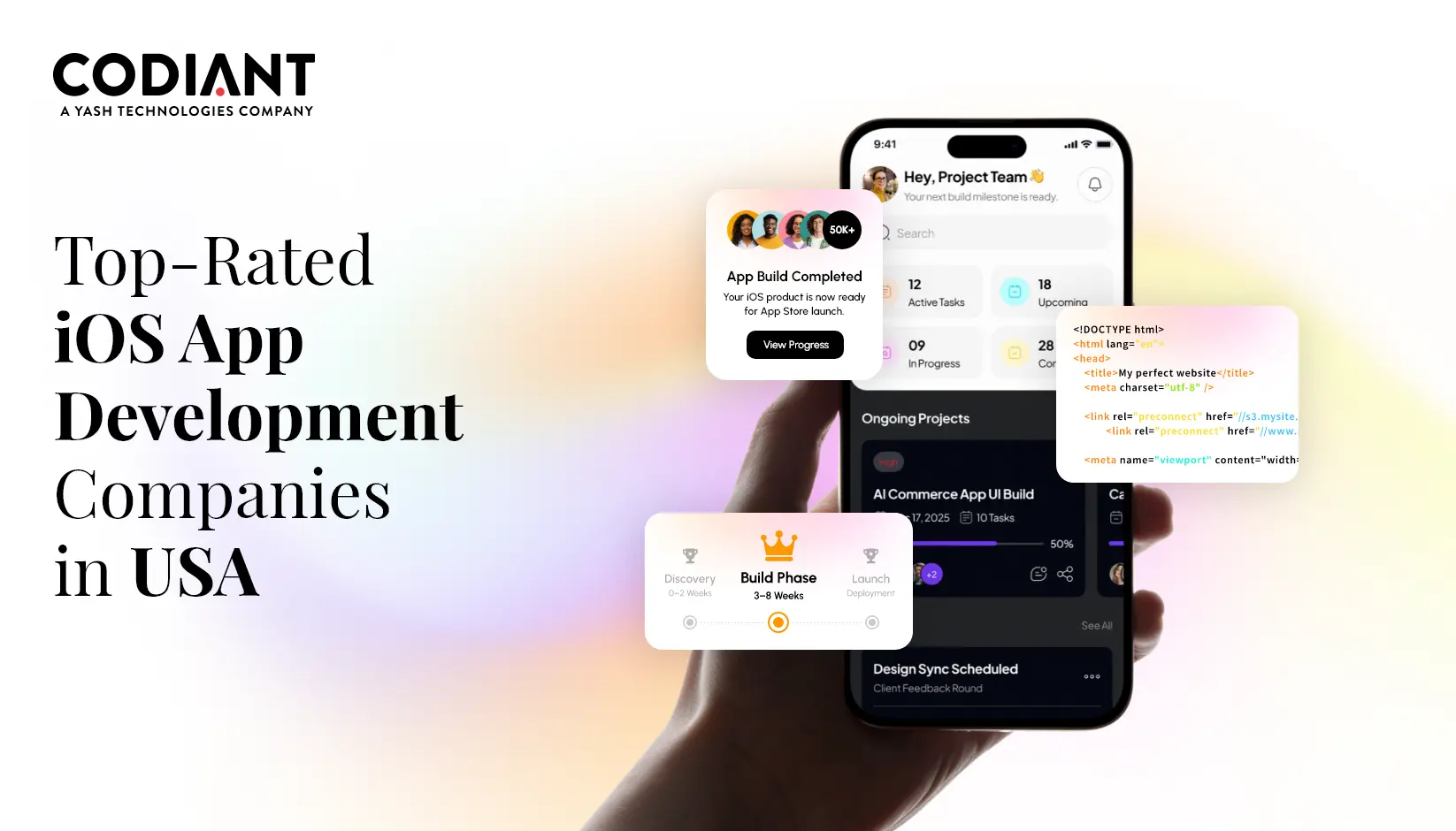Why Should You Use Hospital Management Software?
Table of Contents
Subscribe To Our Newsletter

The healthcare industry is the lifeblood for the entire ecosystem and sectors in society while hospitals a lifesaving ventilator for humans battling to survive. Therefore, the latter carries more liabilities and accountabilities—influenced by the essential volume of information lying in the health registers and sometimes silos of hospitals.
Unfortunately, many times, this health-related critical information is not available or lost in the crucial time and urgencies when needed most.
To our dismay, so many hospitals are still relying on paper-based records and considering it as the aptest way to handle care. Little do they know, the range of benefits a hospital management software has to offer!
So, to help understand the importance of Hospital Management Software, in this post we have discussed the benefits of adopting this leading healthcare technology- HMS software.
Let’s see what the Hospital Management System is and how it is improving healthcare delivery.
What is The Hospital Management System?
- A hospital management system (HMS) is a web-based software system developed for healthcare organizations to manage their operational processes, workflows, and all users working in the hospital. The software provides individual interfaces to various stakeholders of the hospital to help them effectively capture, access, and manage crucial information on hospital functioning.
- A Hospital management system technically empower hospitals to optimize and digitize the processes that help them in being agile and quick in offering a better patient experience and achieving greater patient satisfaction.
- A good HMS solution helps hospitals in improvising care delivery, enhancing staff efficiency, reducing costs and paper-works, eliminates any chances of errors, and assures complete patients’ data security and privacy through compliances.
- An HMS solution enables hospitals to be digitally interconnected with the entire ecosystem that includes patients, providers, payers, health agencies, insurance agencies, pharmacies, diagnostics, and other staff.
Connectivity in hospitals is mandatory. It is necessary for hospitals to know the entire patient history like the events that happened before hospital admission and the current health undertakings in order to oversee and plan the next care provision phases and post-discharge interventions.
An HMS solution controls, manage, and provides easy access to all patient records, right from their entry into health service to hospital discharge. Thus, ensuring smoother and friction-free care delivery with greater satisfaction.
Related Reading : How to Develop a Hospital Management Software? Features, Modules, and Cost Covered
Why Should You Use Hospital Management Software?
Hospital Management Software (HMS) is crucial for healthcare organizations, offering benefits such as improved patient care, cost reduction, greater efficiency, enhanced data security, reduced hospital readmission, and automated management. Integrating technologies like AI, IoT, VR, AR, and ML, HMS streamlines processes, ensures patient satisfaction, and transforms traditional healthcare methods for better value and accountability.
Benefits of Integrating a Hospital Management System

1. Improved Patient Care
Today with increasing technological advancements, patients’ expectations for improved care delivery are on the rise. Patients want greater efficiency, convenience, and comfort. An HMS solution has it all. The software comprises many features that improve care delivery, outcomes, and costs.
For instance, an online appointment scheduling portal allows patients to schedule and book an appointment with a doctor online. It helps them in saving waiting time and money. Another example, patient data collection and storage, its easy accessibility enables Doctors to make error-free, quick decisions. Thus, improving patient care and clinical processes.
2. Reduction in Costs
An HMIS solution automates every process, reduces the staff workload, and increases efficiency. The software lessens the need for manpower. Obviously, why deploy resources to the work that can be easily handled by the software? Thus, helping with cutting costs. The hospitals that have integrated HMS no longer need paper records, physical storage spaces, and operators to manage the workflow as it is now all automated.
3. Greater Efficiency
An HMIS solution helps care providers to quickly check clinical documents, diagnosis reports, patient medical records and history at right time in a moment. Thus, helping them to make precise decisions and improve hospital productivity.
4. Enables Patients’ Data Security
Since the HMS solution holds and maintains large volume of sensitive health data, test results, and treatments, the software is securely designed and developed to protect all this sensitive information. It is technically safeguarded through various healthcare regulations and compliances.
5. Reduced Hospital Readmission
A hospital management system promotes communication between providers and patients and improves patient experiences. The frequent interventions and connected care enabled after patients’ hospital discharge to post-acute care reduces the risk of readmission. For the reason that the severity of illness is reduced by frequent and timely online checkups and follow-up routines taken by the patient.
For instance, connected care allows doctors to grasp early signs and symptoms of potential diseases and enables them to provide immediate treatment or prepare the patient for the next phase of their care before it turns into a health hazard. Thus, helping providers decrease hospital readmissions.
6. Automated and Seamless Management
The Hospital Management Systems comprise a variety of valuable and critical data. Such data are often used to optimize employees, patients care, clinical decisions, etc. Moreover, the smart hospital management software can also resolve issues on its own and remind users about their tasks.
The primary objective of hospital management software is to manage the entire journey of the patients, right from consultation to admission to discharge in the hospitals. It also allows ditching the usage papers to maintain the patients, employees, and other operational process documentation.
7. Eliminates Occurrence of Human Errors
The medical staff, practitioners, and other officers in the hospital can’t afford to avail the window of any error. Even a microscopic error could cause a serious blunder on the patients’ precious lives.
As a matter of fact, all these medical administrative staff have to go through a pool of data on a daily basis, and the manual management of such an enormous amount of data increases the chances of errors. However, with an automated healthcare management system, such manual errors can be eliminated to a great extent.
Top Trending Technologies that are Empowering Smart Hospital Management Software
The importance of hospital and their management can be very well supported by the top technologies that are transforming the healthcare industry are:
1. Artificial Intelligence (AI)
Healthcare management systems have to deal with a pool of data every single day and after a period of time, the overwhelming amount of data is unmanageable for humans. Here comes Artificial Intelligence technology entering into the frame and turning out to be a life savior for hospitals.
The AI-enabled tool integration in hospital management system can separate large and complex sets of data from records, images, devices, and sensors to identify trends. This study and analysis of data can help to improve patient care and help researchers to improve their medical treatment practices.
2. Internet of Things (IoT)
The IoT allows healthcare specialists to keep a closer tab on their patients remotely. The IoT-enabled gadgets support remote tracking and monitoring, which helps to provide and avail better treatments for patients. Medical practitioners can take care of their patients from any location without being physically present there.
The IoT technology equips healthcare specialists with relevant tools to provide accurate diagnoses and services to patients. There are many wearable devices equipped with IoT that are integrated with smart healthcare management software. The software and device together enable accurate tracking of patients’ vitals, support end-to-end communication, and remote patient monitoring. All this becomes possible with IoT technology.
3. Virtual Reality and Augmented Reality (VR & AR)
VR & AR technology are helping healthcare specialists in a variety of ways, such as training young professionals to assist practitioners in operations. The usage of technology allows specialists to perform surgeries more accurately by using both hands. Additionally, another specialist counterpart of the team can also wear a VR lens and give suggestions during the surgery.
The AR technology provides real-life experience to the trainees to learn and perform their surgeries with accuracy.
4. Machine Learning (ML) (IoT)
With the rising number of health data, the study of these data in hospital management can help to understand a pattern and suggest preventive measures for better health assistance. ML technology understands the importance of healthcare management systems and healthcare data and streamlines data analysis.
ML is turning out to be a great tool that helps in drug development, improvements in pharmaceutical processes, and drug discovery.
To Sum Things Up…
Better late than never! The hospitals should now take a leapfrog over traditional care delivery methods and focus on value and accountability more than ever. Hospital automation and management software supported with EHR/EMR, telehealth apps, clinical software, and interfaces for every hospital stakeholder can dramatically impact the bottom line besides other benefits of improved care delivery and higher patient satisfaction. Act Now!
Featured Blogs
Read our thoughts and insights on the latest tech and business trends
Top iPhone App Development Companies in USA in 2026
- February 18, 2026
- Mobile App Development
In a Nutshell The USA remains one of the strongest hubs for premium iPhone app development in 2026, especially for fintech, healthcare, retail, and SaaS brands. Choosing the right iOS partner goes beyond portfolios; the... Read more
How to Choose the Right AI Development Partner in the USA (Enterprise Guide 2026)
- February 12, 2026
- Artificial Intelligence
In a Nutshell Enterprise AI success starts with clear business goals, not vague plans like “we need AI.” The best AI development partners deliver real production systems, not just impressive demos or prototypes. Industry alignment... Read more
How AI Is Transforming Transport & Logistics Operations in Real Time
- February 10, 2026
- Artificial Intelligence Logistics & Transportation
In a Nutshell: AI in transport & logistics is enabling faster, smarter decision-making across fleets, warehouses, and supply chains. Real-time logistics optimization improves route planning, dispatching, and delivery efficiency as conditions change. AI-driven forecasting and... Read more




